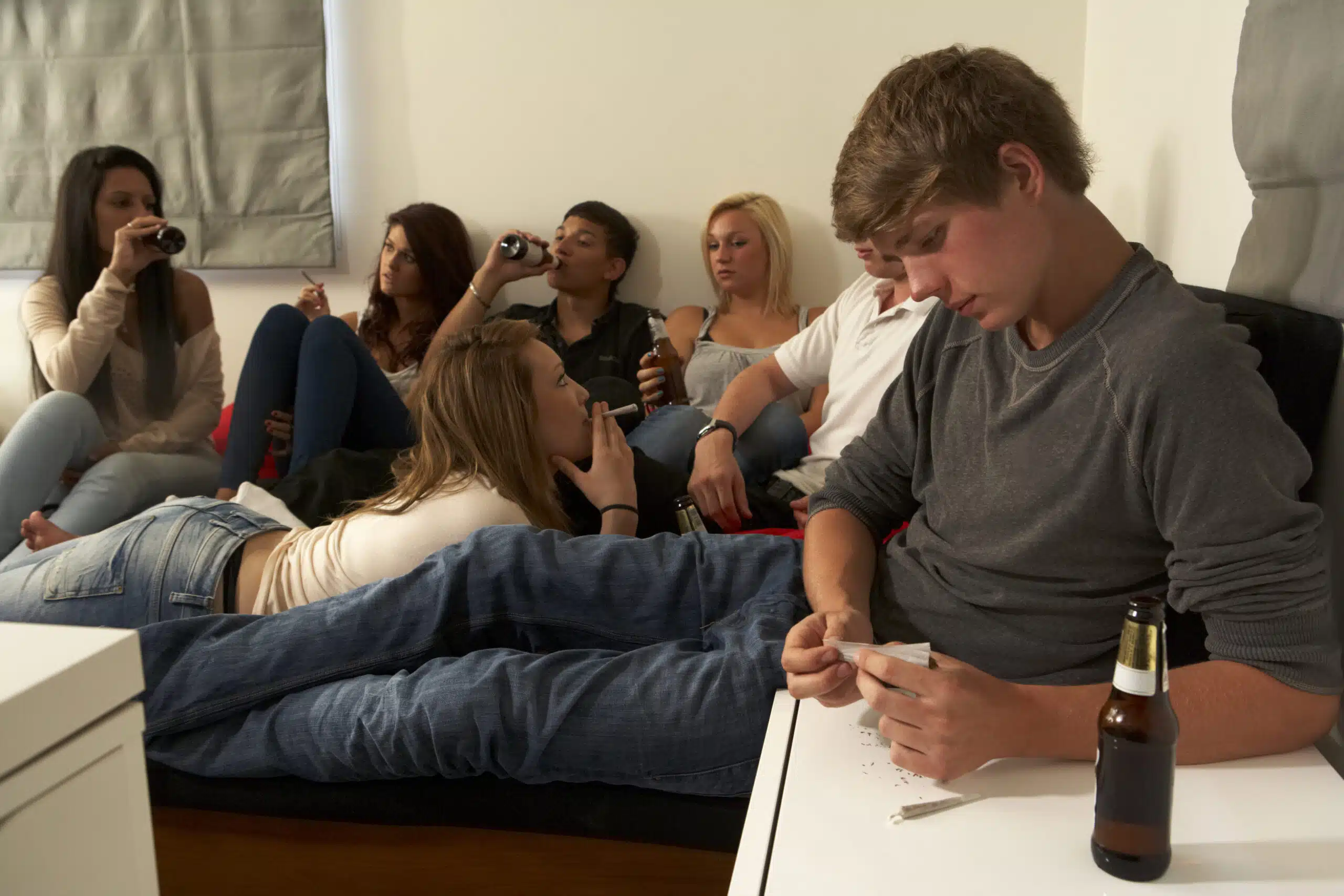
Why Are Teenage Girls So Mean?
- Anger
- July 7,2025
- BY Beachside Teen Staff
- 0 Comments
Why Are Teenage Girls So Mean?
For teenage girls, the social world is complicated—often filled with shifting friendships, emotional intensity, and unspoken rules. As they try to find their place, some may use exclusion, gossip, or subtle cruelty as tools for control or self-preservation. These behaviors can be confusing and painful for both parents and peers alike. It often leaves parents wondering: Why are teenage girls so mean? Understanding the deeper reasons behind these actions can help parents and caregivers support their teenagers with both empathy and clarity.
Beachside Teen Treatment Center is here to help adolescents aged 12-18 overcome substance use and mental health disorders. Call us today at (888)254-0916 to learn more.
Why Are Teenage Girls So Mean to Each Other?
If your teen daughter has been exhibiting mean-girl behavior or struggling with cruel peers, you are not alone. Teenage girls often behave in ways that seem mean, but underneath that behavior is a complex web of emotional, developmental, and social factors. Possible reasons behind mean-girl behavior in teenagers include:
- Fear of social exclusion: Girls may act mean to avoid being the one left out, believing that controlling others keeps them safe.
- Unprocessed anger or hurt: If a teenager struggles to express her emotions openly, she may default to passive-aggressive behavior instead.
- Pressure to maintain a social image: Many girls feel they must appear confident or popular, which can lead to putting others down to protect that image.
- Desire to belong: Meanness can sometimes be a misguided way of trying to secure a clique.
- Lack of emotional regulation skills: If she has not yet developed healthy mechanisms to manage stress, anxiety, or jealousy, it can spill out in harmful ways toward others.
- Influence of social media and online culture: Constant comparison can increase feelings of inadequacy and rivalry.
Examples of Mean Behavior in Teenage Girls
Mean behavior in teenage girls can be subtle and hard to spot, often disguised as jokes, sarcasm, or quiet exclusion. This form of bullying, known as relational aggression, is meant to harm social status or control friendships. It does not always appear cruel on the surface, but its emotional impact can run deep. If your daughter is acting differently—or seems hurt by her peers—it is important to take notice. Here are some common examples of mean behavior often seen in teenage girls:
- Silent treatment or freezing out friends
- Backhanded compliments
- Creating social hierarchies
- Deliberate disinviting or excluding individuals from events
- Threatening to end a friendship if the other person does not comply
- Cyberbullying
- Slut-shaming
- Using secrets, past mistakes, or insecurities against another (emotional blackmail)
- Mocking appearances or identity (such as personality, way of talking, or interests)
How Mean Girl Behavior Affects Mental Health
Mean girl behavior may seem like typical teen drama, but its emotional impact can be lasting and serious. Whether your daughter is the one dishing it out or the one on the receiving end, it can deeply affect a teen’s mental health.
Girls who are targeted by exclusion, gossip, or manipulation often experience anxiety, low self-esteem, and depression. The constant worry about being left out or humiliated can lead to social withdrawal, academic decline, and even physical symptoms like headaches or difficulty sleeping.
Alternatively, girls who engage in mean behavior are not immune to mental health consequences. These patterns often come from a place of insecurity, unprocessed emotions, or a fear of losing control—and over time, they can reinforce unhealthy ways of relating to others. Instead of learning how to navigate conflict or build authentic connections, these teens may rely on control and comparison to feel safe.
How to Help Teenagers Change Mean Girl Behavior
When a teenage girl starts acting in hurtful or manipulative ways, it is natural for adults to feel frustrated or want to discipline quickly. However, lasting change comes through connection, empathy, and steady guidance. With your support, she can begin to recognize these patterns and learn healthier ways to connect with others. Here are practical and supportive ways to help girls move away from mean behavior and toward emotional growth:
- Start with an open, non-judgmental conversation: Invite her to talk about what is happening in her friendships without blame.
- Name the behavior, not the person: Point out specific actions like gossip or exclusion without calling her mean, so she can separate behavior from identity.
- Explore underlying emotions: Help her understand what drives the behavior—whether it is jealousy, fear, or a desire for acceptance.
- Model and encourage empathy: Talk about how others might feel and praise any moments of kindness or self-awareness.
- Redirect her strengths: Channel her leadership, creativity, or influence into positive outlets like sports, hobbies, arts, or community involvement.
How to Help Victims of Mean Girls
When your daughter is dealing with mean girl peers, the most important thing you can do is be her source of support and validation. Let her know she is not imagining things or being too sensitive. Listen without jumping to fix it right away, and remind her that being targeted says more about the other girl’s struggles than her own worth. Reinforce that she does not need to change who she is to earn kindness or inclusion.
Furthermore, help her develop the tools to navigate these situations with resilience. Talk through what is happening, help her label the behavior, and explore healthy responses—like setting boundaries, walking away, or choosing to invest in more supportive friendships. Encourage her to build confidence outside of the social drama by engaging in activities she enjoys or excels at. Over time, these experiences will remind her that her identity and value are not defined by one clique or cruel comment.
Find Teenage Mental Health Support in Malibu, CA
Beachside Teen is dedicated to providing powerful resources and support to teens struggling with mental health and behavioral challenges. Scenically located with a full range of high-end amenities, our facility is designed to help teens improve behaviors and thought processes in a dynamic, interactive setting. We offer a variety of programs, including a therapeutic education program to ensure your child continues making academic progress while receiving necessary treatment. To learn more about how we can help, give us a call or visit our admissions page today.
Contact us today to get your teen the help they need.




